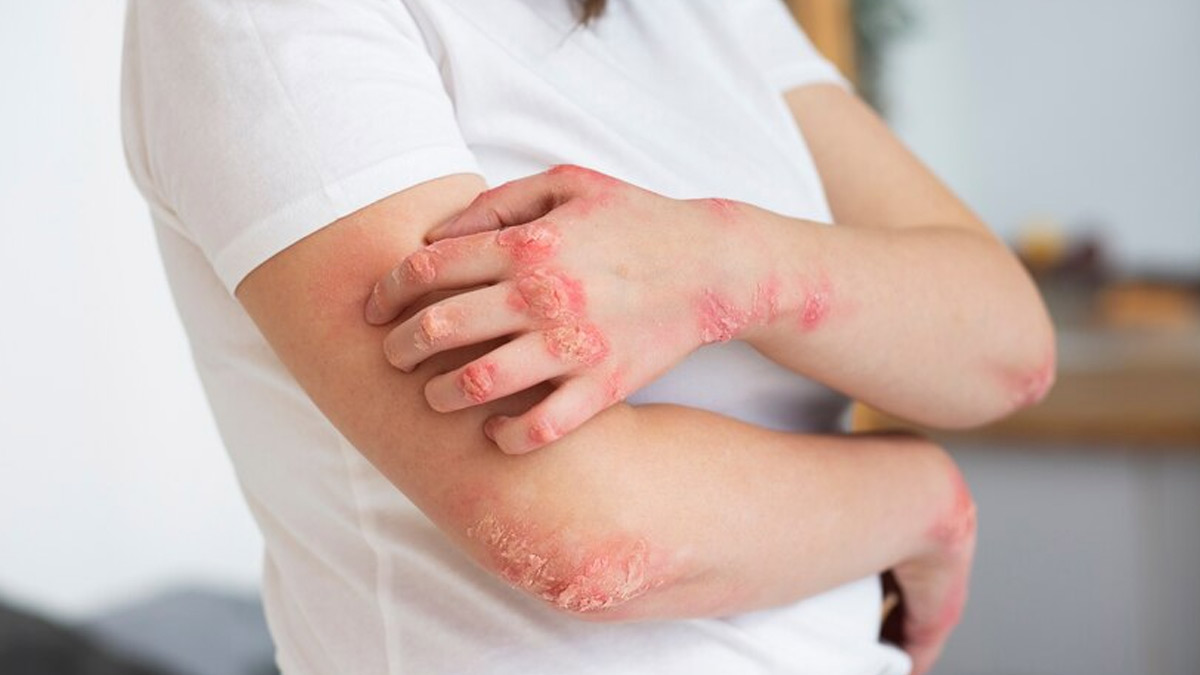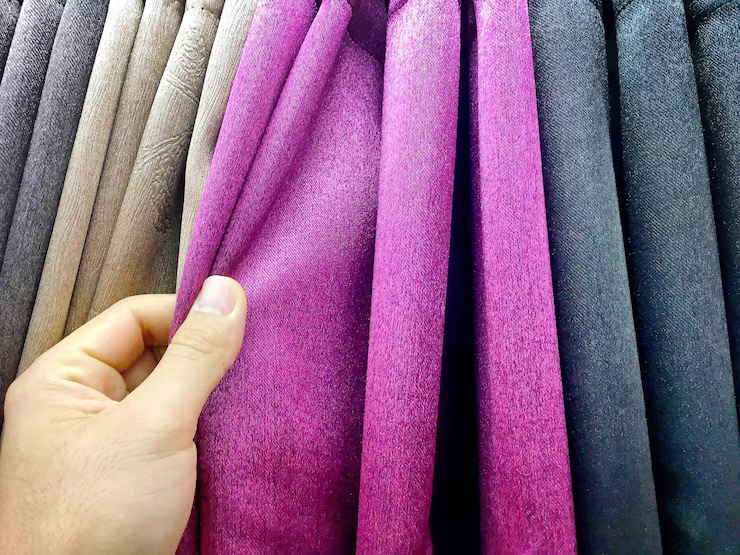
When we think about managing psoriasis, our minds often go to medications, topical treatments, and lifestyle changes. However, an often-overlooked factor that significantly impacts psoriasis is the quality and type of clothing we choose to wear.
Table of Content:-
Dr Gitika Sanodia Biyani, Consultant Dermatologist and Trichologist at Dr LH Hiranandani Hospital in Powai, Mumbai, sheds light on this crucial yet underestimated aspect of psoriasis management.
Understanding Psoriasis and Its Triggers
Psoriasis is a chronic skin condition characterised by an accelerated growth cycle of skin cells, resulting in thick, red patches covered with silvery scales, according to studies. These lesions can be itchy, painful, and prone to cracking and bleeding. Given the sensitive nature of psoriatic skin, external factors like clothing can greatly influence the severity of symptoms.
The Role of Fabric in Psoriasis
"The fabric that we wear plays a big role in psoriasis conditions," says Dr Biyani. "In psoriasis cases, the number of skin cells gets 10 times more multiples than normal. This leads to silver patches on reddened areas." With this rapid skin turnover, the choice of clothing becomes paramount.
Choosing the Right Fabrics

People with psoriasis need to be particularly mindful of the fabrics they wear. Dr Biyani emphasises the importance of high-quality, breathable materials. "You need to put on high-quality garments like cotton so that they can be gentle and allow your skin to breathe well," she advises. Cotton is hypoallergenic, soft, and allows for better air circulation, which can help reduce skin irritation and maintain a cooler body temperature.
Also read: Is It Safe For People With Psoriasis To Get Tattoos?
The Perils of Synthetic Fabrics
On the other hand, synthetic fabrics can exacerbate psoriasis symptoms. "Synthetic fabrics could cause more irritation and flare-ups since they retain heat and moisture," explains Dr Biyani. These materials often trap sweat and heat against the skin, creating an environment conducive to irritation and bacterial growth. This can lead to increased itchiness and more frequent flare-ups.
Importance of Well-Made Garments
The construction of clothing is as important as the fabric itself. "Well-made garments generally possess smoother seams and lower chances of potential irritants, thereby decreasing the possibility of friction that could exacerbate psoriatic lesions," Dr Biyani notes. Poorly made clothes with rough seams or tags can cause friction and micro-trauma to already sensitive skin, potentially worsening psoriasis symptoms.

Avoiding Harsh Chemicals and Dyes
Another critical consideration is the presence of dyes and chemicals in clothing. "It is recommended to use clothes without harsh dyes or chemicals as these might introduce allergic reactions or irritations," warns Dr Biyani. Hypoallergenic fabrics, free from harsh dyes and chemicals, minimise the risk of allergic reactions and further irritation.
Also read: Unmasking Psoriasis: Here Are 6 Warning Signs You Should Know
OnlyMyHealth team also interacted with a well known fashion designer, Pooja Choudhary, Founder, Lavanya The Label. She said, “There have been significant strides made in creating clothes specifically for people with skin problems such as psoriasis. Labels have started concentrating more on producing outfits that not only use fabrics that are safe for the skin but also include design features that will reduce irritation.” She advised people suffering from skin conditions to choose appropriate materials and avoid synthetic fabrics altogether.
Conclusion
Managing psoriasis requires a comprehensive approach, and the quality of clothing plays a significant role. Opting for high-quality, breathable, and hypoallergenic fabrics can help reduce irritation, manage symptoms, and improve overall skin health. As Dr Biyani concludes, "Select smooth fabrics like soft breathable hypoallergenic materials that can keep away any external irritants from your skin, making you feel comfortable all the time. This will help improve management of psoriasis symptoms and enhance general skin health."
Incorporating these clothing choices into your daily routine can make a tangible difference in the management of psoriasis, providing comfort and reducing the frequency and severity of flare-ups. So next time you're shopping for clothes, remember that your choices can impact more than just your style—they can significantly influence your skin's health and comfort.
Also watch this video
How we keep this article up to date:
We work with experts and keep a close eye on the latest in health and wellness. Whenever there is a new research or helpful information, we update our articles with accurate and useful advice.
Current Version